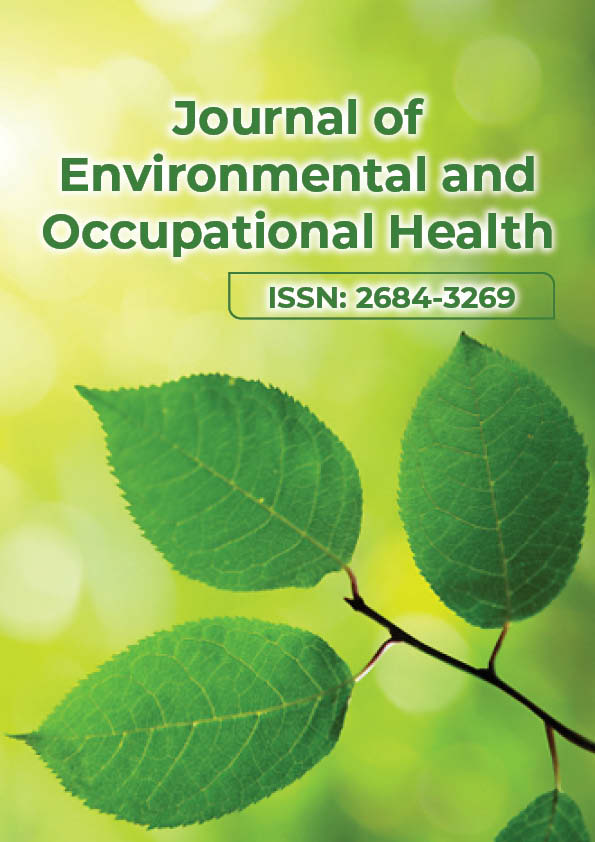Internal Migrations And Health In Senegal: Healthy Migrant Or Convergence Hypothesis
Abstract
Objective: The general objective of this study is to characterize the migrant population present in Dakar, and to test the existence in Senegal of the Healthy Migrant Hypothesis and the Convergence Hypothesis.Methods: This study was carried out in 2015 on a population sample of 1000 individuals living in Dakar, constructed using the quota method. Socioeconomic and demographic characteristics, migratory status and self-rated health of individuals were collected during face-to-face interviews. Statistical analyses used were Chi-square tests and binary logistic regressions. Results: Show that internal migrants 40% of the study population. The migrant population is older than the Dakar population, and predominantly urban. Migration status, in terms of place of birth, is not associated to self-rated health. But residing in Dakar for at least 10 years significantly increases the risk of declaring oneself to be in poor health. Conclusion: The analysis showed that the geographical origin of individuals was not a determining variable in the analysis of the links between migration and health. But the duration of residence in Dakar offers better results. The Healthy Migrant Hypothesis does not apply to internal Senegalese migration. On the other hand, the health of migrants declines after 10 years of residence in Dakar, which follows the same logic as the convergence hypothesis.
PDF




